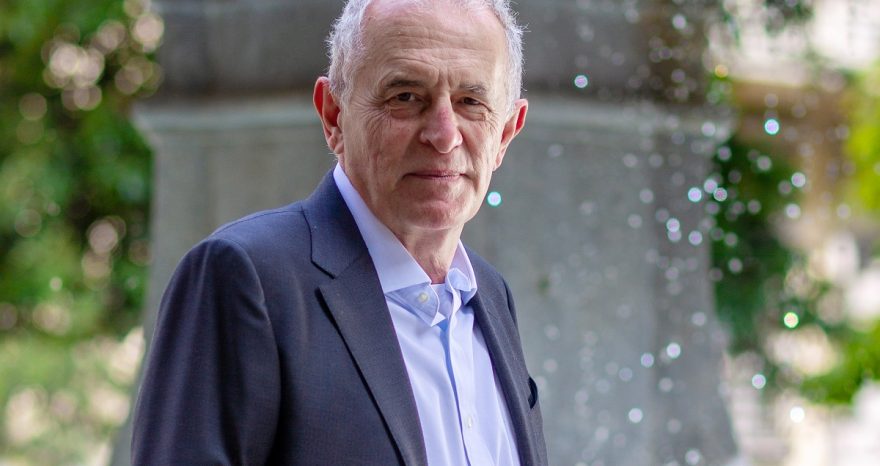Chinese automakers, including BYD, challenge EU-imposed tariffs on electric vehicle imports, sparking a global trade dispute.

Chinese Automakers Fight Back Against EU Tariffs
Three leading Chinese automakers, including BYD—the world’s top electric vehicle (EV) seller—have filed a legal challenge against the European Commission’s tariffs on imported Chinese vehicles. The appeal, submitted to the General Court of Luxembourg, also involves Geely and the state-owned SAIC. This news, first reported by the South China Morning Post, highlights escalating trade tensions between the EU and China.
How High Are the Tariffs?
The tariffs are significant, reaching 17% for BYD, 18.8% for Geely, and a steep 35.3% for SAIC. These percentages are in addition to the EU’s standard 10% import duty on automobiles. Adding to the pressure, the United States, under former President Joe Biden, has imposed a ban on imports of certain Chinese-made vehicles.
The Core of the Dispute
The Chinese automakers argue that the subsidies cited by the EU to justify the tariffs are either overstated or miscalculated. They also challenge the claim that these subsidies harm the EU’s single market. Supporting the automakers’ case is the China Chamber of Commerce for Import and Export of Machinery and Electronic Products, which represents the country’s electric vehicle manufacturers.
The European Commission Respond
The European Commission now has 70 days to build its defense. Backed by the China Chamber of Commerce in the EU, Beijing has labeled the tariffs as an “unfair trade practice.” Despite the legal action, the Chamber has called for negotiations that respect free trade principles.
The Commission appears resolute, citing findings from a 2023 investigation. The report suggested that Beijing was artificially lowering the prices of battery electric vehicles (BEVs) exported to Europe through extensive subsidies across the supply chain. These actions, the EU argued, threatened the survival of Europe’s automotive industry. Consequently, in October 2024, the EU imposed a 35.3% tariff on SAIC’s EVs and its subsidiaries, set to remain in place for at least five years.
EU Addresses Electric Vehicle Quotas and Fines
Meanwhile, Brussels is grappling with another pressing issue: billion-dollar fines set to take effect in 2025 for automakers failing to meet electric vehicle sales quotas designed to reduce emissions. Policymakers are urgently seeking a compromise acceptable to member states and the European Parliament, aiming to avoid prolonged delays that could destabilize the EU’s automotive sector.
Notably, Teresa Ribera, Spain’s Minister for the Ecological Transition, recently addressed the topic, signaling flexibility on fine revisions but reaffirming the 2035 ban on internal combustion engines. This approach suggests a willingness to revise penalties while maintaining Green Deal targets.












